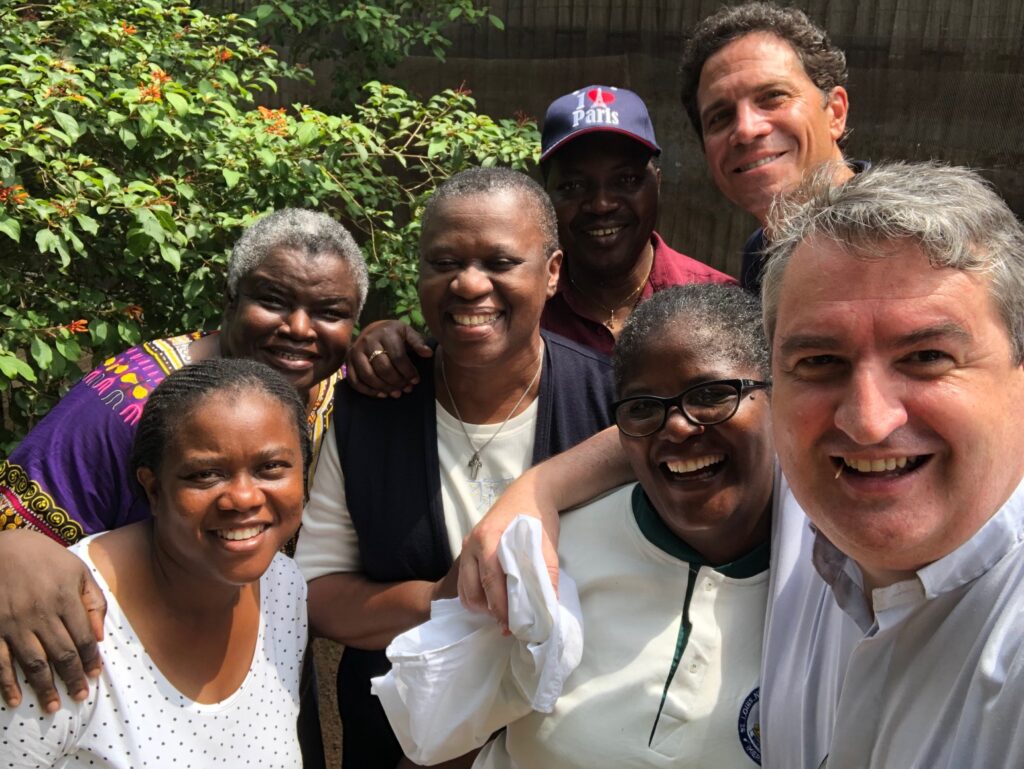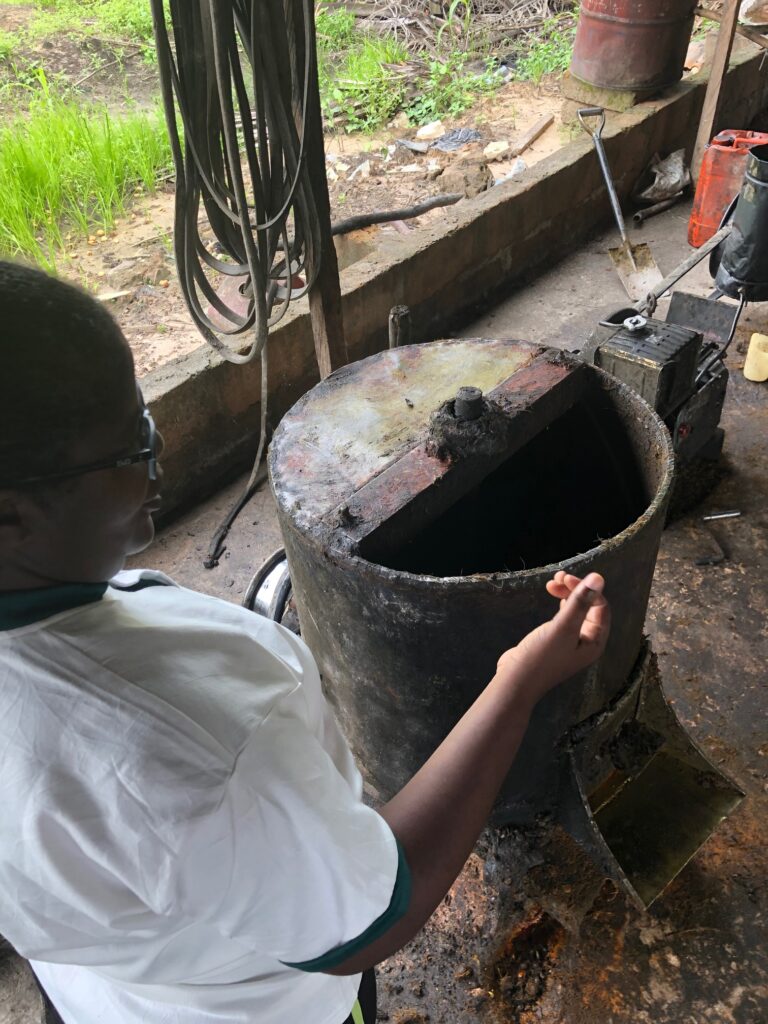The Recipe for Resilience in a Time of Global Crisis

While the COVID crisis has affected all businesses, the high impact “nuntrepreneurs” in Missio Invest’s portfolio seem to have found a window of hope. The Missio Invest Social Impact Fund (MISIF) currently has 36 agribusinesses in the portfolio, 13 of which are owned by Sisters, and none of these small enterprises have considered shuttering operations. For many, in fact, business is booming. Half of all current borrowers have experienced minimal disruption and elected to maintain their original loan repayment schedules. Among the nuntrepreneurs, less than a third have taken Missio Invest’s offer for a COVID-19 payment moratorium, and a quarter have even made pre-payments on their loans.
Missio Invest has found that this long-term give-and-take with community stakeholders is essential to the resilience of Church-run businesses. Investees operate various social programs in their locality — healthcare, education, women’s counseling, and youth development, for example — and as such are an integral part of the communities they serve. Although each case is unique, five particular characteristics help insulate investees from unanticipated adverse events:
Across the globe, COVID-19 has wreaked havoc on global supply chains, disrupted access to markets, and severely threatened–or shuttered–many small businesses. The effects have been particularly devastating in emerging markets, where government assistance is less readily available and nationwide lockdowns are more restrictive due fragile health systems. In May, in a survey of small and growing businesses in emerging markets, the Aspen Network of Development Entrepreneurs (ANDE) found that 47% of businesses surveyed had already temporarily shut down operations and another 25% anticipated doing so. Women-owned businesses were among the hardest hit.

Copyright, Missio Invest
One such women-owned success story is the Sisters of Saint Louis Bautain Farm (SSLBF) in Ewulu, Delta State, Nigeria. Missio Invest issued the Sisters of St. Louis a $70,000 loan in December 2019 to fund expansion of their existing poultry, pork and cassava processing enterprises. In the ensuing months, the Sisters have proven their ability to weather a global crisis.
In late March 2020, the Nigerian government imposed COVID-19 lockdown measures restricting interstate movement of goods and limiting food importation. These regulations disrupted supply chains for foods such as fish, which could no longer be transported from seaports to inland states. To make the situation worse, Delta State was one of a number of state governments that imposed restrictions on local fishing activities and reduced hours for local markets. The result was a drop in supply so that fish, a staple food for many Nigerians, became prohibitively expensive for the large low-income population.
Sister Catherine Adelegan, director of Louis Bautain Farm, had an idea for a solution. Louis-Bautain Farm is a multi-enterprise agribusiness, operating a poultry unit with over 1,000 chickens, a five-acre cassava plantation and processing unit, and a piggery with over 500 pigs. Having sourced a sufficient supply of pig and chicken meal locally before the pandemic, Sister Catherine slaughtered and sold her pigs ahead of schedule, saving the most vulnerable members of her community from hunger. The result was a win-win-win: community members had access to affordable protein, Louis Bautain Farm had income to support the congregation’s five health facilities, and Sister Catherine had enough surplus income to pay interest on her Missio Invest loan ahead of schedule. Wisely anticipating the potential for future currency fluctuations, she even chose to pay more than the amount due, resulting in a pre-payment of principal.
The Sisters have developed close ties with the surrounding community. Recently, when they visited the local Obi (ruler) of Ewulu Land and his Council to tell them they had food staples to distribute to the neediest, the Obi expressed his gratitude for the Sisters’ long history of assisting his people and vowed that he would continue to support them and to ensure their safety.

Copyright, Missio Invest
- Integration with local communities, which serve as customer bases and sources of labor in any economic cycle.
- Presence of resilient markets for produce through the global network of Church-operated schools, health facilities, and other social institutions.
- Diversification across several revenue-generating enterprises, which creates a cushion in the event of market disruptions to any one sector.
- Hyper-local solutions, which ensure that Missio Invest’s borrowers are not dependent on export markets and supply chains.
- Experience in managing business operations with limited resources during times of crisis. Many congregations were formed in poverty-stricken rural areas with the explicit purpose of finding ways to provide healthcare and education services where none existed, and they have retained their expertise in operating through difficult circumstances.
These factors have enabled many of Missio Invest’s portfolio agribusinesses to weather the COVID-1 9 storm. Investees like Sister Catherine and her farm in Nigeria provide living proof that, even in times of crisis, it is possible to do a lot of good with very little.